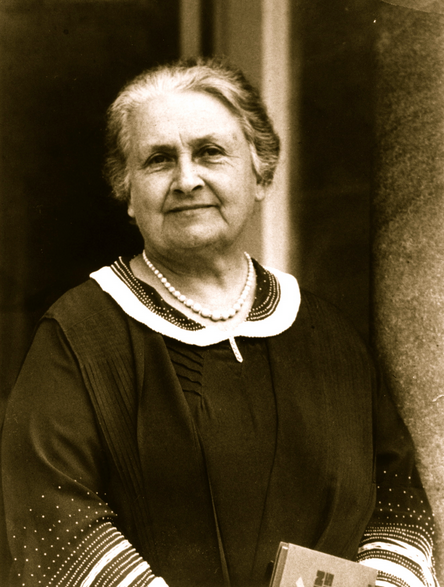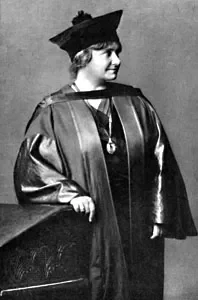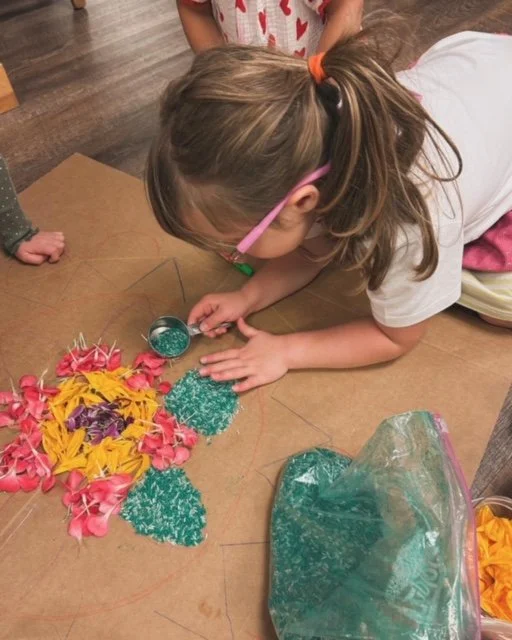Who is Maria Montessori?
Dr. Maria Montessori (1870–1952) was a pioneering Italian educator and Italy’s first female physician. She was known for her curiosity, perseverance, and dedication, breaking barriers in medicine and education at a time when opportunities for women were extremely limited. From early on, she recognized that children are capable, intelligent, and full of potential, and she developed educational methods that allowed children to explore, learn, and grow according to their own natural rhythms.
Early Life and Career
Born in Chiaravalle, Italy, Montessori challenged societal expectations by pursuing higher education. She earned her medical degree in 1896, specializing in pediatrics and psychiatry. During her work with children who had developmental challenges, she observed that many traditional educational methods were not meeting their needs. This inspired her to design classrooms and materials that support all children, helping them develop independence, focus, and confidence.
Casa dei Bambini: A Revolutionary Beginning
In 1906, Montessori opened her first Casa dei Bambini (Children’s House) in an impoverished area of Rome. She created a carefully prepared environment and observed children closely as they explored and learned. Her observations led to the development of specialized materials and learning sequences designed to encourage self-directed learning, concentration, and mastery of skills. This innovative classroom became the model for Montessori education worldwide.
Montessori Philosophy
Montessori believed children learn best when allowed to follow their natural interests in a structured and supportive environment. Key principles of her philosophy include:
Respect for the whole child: Education addresses the intellectual, social, emotional, and physical development of each child.
Developmentally appropriate learning: Lessons and activities are tailored to each child’s stage of development, allowing them to progress at their own pace.
Multi-age classrooms: Children of different ages learn together, with older children reinforcing their learning by mentoring younger peers, creating a natural community of learners.
Hands-on learning: Specially designed materials let children explore concepts directly, making abstract ideas concrete and engaging.
Prepared environment: Every aspect of the classroom is intentional, encouraging independence, choice, and curiosity while promoting order and concentration.
Montessori classrooms foster collaboration, responsibility, and self-motivation, allowing children to develop as confident, capable individuals.
Global Influence and Recognition
Montessori’s methods quickly spread beyond Italy. Today, Montessori schools exist in over 100 countries, serving children from birth through secondary school. Her work influenced modern education, child development, and psychology. She was nominated three times for the Nobel Peace Prize for her dedication to children’s rights and peace education. Montessori believed that children, given the right environment and respect, could grow into thoughtful, compassionate citizens who positively impact the world.
Legacy and Relevance Today
Montessori’s philosophy continues to inspire educators around the world. Her approach nurtures independent thinkers, problem solvers, and empathetic community members. By focusing on the whole child, Montessori education builds a foundation for lifelong learning, creativity, and confidence.
At Meadows Montessori, Dr. Montessori’s vision is tangible. Our classrooms are designed, each with a full set of materials to allow children to explore, discover, and develop at their own pace. Through this approach, we guide children to become capable, compassionate, and confident individuals, prepared to contribute positively to their communities and the world.






